Science
‘We Are Scientists’ at Witham Oaks Academy
We live in an increasingly scientific and technological age where children need to acquire the knowledge, skills and attitudes to prepare them for life in the 21st Century. At Witham Oaks Academy, our intention is to develop children into budding scientists, who care for the world around them, are curious about what they see and experience, and are able to use science to gain a deeper respect and understanding on how human activity impacts on the planet
Intent
We intend for children to:
- Use a range of investigations and practical activities to give a greater understanding of the concepts and knowledge of the different disciplines and strands of science.
- Demonstrate connections between these strands and as part of the STEM approach use skills to solve problems and develop new technologies.
- Develop their confidence to follow their own lines of enquiry, making accurate and appropriate measurements, using a variety of equipment to answer scientific questions.
- Take the science learning out of the classroom through trips to environmental and learning areas, museums and having science visitors to school.
- Have an appreciation that science is everywhere, igniting their imaginations to ask questions – even if we cannot yet find the answer, thus demonstrating the impact of science on our lives today and in the future.
We want the children to develop an inquisitiveness about world and beyond, promoting respect for all things through a positive attitude. Working scientifically through the progression of skills which are broken down for each year group, we follow an enquiry-based approach for each programme of study (from the national curriculum). This enables children to ask questions which, through careful monitoring, will give opportunity to acquire and explore key knowledge of individual units, including the use of specific vocabulary.
Implementation
At Witham Oaks Academy, to ensure high standards of teaching and learning in Science, our curriculum is implemented through an engaging cross-curriculum approach. We use the Cornerstones science projects as a springboard to help us to develop units of work that inspires and excite children about their learning. The units are rich in wonder and memorable experiences and they allow children’s natural curiosity to grow.
In Curriculum 22, the names of the science projects are matched to the national curriculum aspects, for example, Living things and their habitats and Earth and space. However, in Key Stage 1, the aspect of Animals, including humans has been separated so that children study humans before expanding to explore animals.
The science projects are sequenced to develop both children’s substantive and declarative knowledge, and if possible, make meaningful links to other projects. For example, in Year 3, the projects Plant Nutrition and Reproduction and Light and Shadows are taught alongside the design and technology project Greenhouse and the art and design project Beautiful Botanicals. These links allow for children to embed their substantive knowledge in new and often real-life contexts.
The sequencing of projects ensures that children have the substantive knowledge and vocabulary to fully comprehend subsequent projects. Each project’s place in the year has also been carefully considered. For example, projects that involve growing plants or observing animals are positioned at a suitable time of year to give children the best possible opportunity to make first-hand observations. Within all the science projects, disciplinary knowledge is embedded within substantive content.
Science learning within classrooms allows teachers to demonstrate a positive attitude reinforcing an expectation that everyone is capable of developing an enquiring mind to make progress in science. The whole school approach to the teaching and learning of science involves:
- Each science project starts with a short stage in which children take part in a memorable experience to stimulate their curiosity, ask questions and make links to their prior learning.
- Planning involves opportunities for children to ask and answer their own questions, using skills and investigations as appropriate in order to lead into scientific enquiries.
- Children are given the opportunity to select their own equipment, decide how to collate data and present their findings. Building upon skill and knowledge of previous years, children will be encouraged to interpret the data to reach a conclusion.
- Opportunities are provided for cultural and real-world experiences and promotes discussion about the concepts introduced in each lesson or project
- Conclusions are produced to answer the hypothesis posed at the outset of the investigation.
- Working scientifically runs in parallel to knowledge lessons and are developed year on year.
- Teaching staff will demonstrate, where necessary, how to use specialist scientific equipment and embed the use of scientific vocabulary.
- Extra-curricular science activities will engage children in further investigation, promoting that curiosity.
- Science flow through days/off timetable days will be planned through the academic year.
Impact
The impact of this curriculum design will lead to outstanding progress over time, relative to a child’s individual starting point and their progression of skills. Children will therefore be expected to leave Witham Oaks Academy reaching at least age-related expectations for Science. Through various workshops, memorable experiences and interactions with experts our science curriculum will lead pupils to be enthusiastic ‘scientists’, understand that science has changed our lives and that it is vital to the world’s future prosperity. We want to empower our children so they understand they have the capability to change the world. This is evidenced in a range of ways, including pupil voice, their work and their overwhelming enjoyment for science.
The impact of the implemented curriculum will also be measured via:
- A conclusion written in response to the enquiry questions.
- A reflection on learning via a conference type conversation with groups.
- Use of vocabulary to explain concepts.
